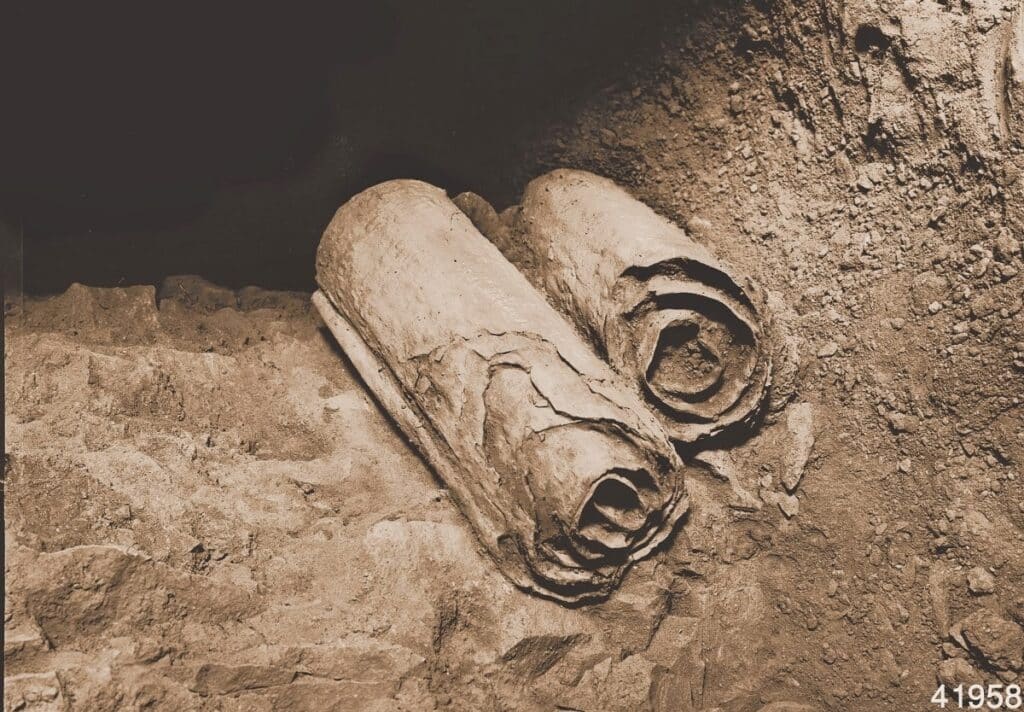Books on how to be a Priest from the 4th-century church father St. John Chrysostom are most welcome. They will only apply to serious Catholics desirous of becoming priests. However, if readers are thinking about a vocation as a priest, 6 Books on the Priesthood by St. John Chrysostom are must-reads. The stylistic brilliance of this work demonstrates the appropriateness of St John’s title, “6 Books on the Priesthood, ” and his gift for linking observation and theological vision. Amazingly, something so old has survived so long, like 6 Books on the Priesthood. Do you like old things?
Summary of 6 Books on the Priesthood

These are very old writings, more than 1500 years old. However, 6 Books on the Priesthood presents readers with some tried and true wisdom on how to be a priest. This short book, compiled in 1984, is only 160 pages long.. 6 Books on the Priesthood includes the chapters John’s Deceit (clearly about him), Basil’s Reproaches, John’s Reply, The Difficulty of the Pastoral Game, Love, The Chief Thing, John Continues His Apologica, The Glory of the Priesthood, The Difficulty of the Priesthood.
Also included in 6 Books on the Priesthood are chapters on The Character and Temptations of a Bishop, Particular Duties and Problems (broken into 4 sub sections, Promotions, Widows and the Sick, Virgins, Abitration, Visiting, Excommunication), The Penalty for Failure, The Ministry of the Word, Temptations of the Teacher, The Need for Purity, The Contrast Between Bishop and Monk, The Conclusion of John’s Apologia. This all shows that even a priest, who became a Saint, faces significant challenges.
6 Books on the Priesthood was written around 407 and has at least three distinct benefits, though we never think of becoming a Priest. The first benefit is that John provides a glance into the qualifications and hardships of the vocation of the priesthood. Chrysostom begins by telling Basil the qualifications of the priest, which he ranks as a heavenly ministry: “The priest, therefore, must be as pure as if whe ere standing in heaven itself, amid those powers.” (p. 68)
This is not something light and requires the priest to be watchful of his soul and those of his congregation at all times, and be always in prayer for all people. The Saint encourages and warns Basil to be wise: “The shepherd needs great wisdom and a thousand eyes, to examine the soul’s condition from every angle.” (p. 58) With this perspective, the priest should not simply order Christ’s sheep around because “In the case we are considering it is necessary to make a man better not by force but by persuasion… since God gives the crown to those who are kept from evil, not by force but by choice.” (p. 36).
Christians may not be true followers of Christ. Also, here is an example of how this book can be applied in our lives, even if we are not priests. If you are a parent with a child who is growing up in a Western country where your child can do whatever he or she wants even if you do not approve and even if not it is not acceptable for a Christian, we cannot simply tell them not to do things, but we should persuade them.
Frequently in 6 Books on the Priesthood, Chrysostom warns Basil about the hardships of the priesthood, saying, “More billows toss the priest’s soul than the gales which trouble the seas.” (p.77) He tells Basil how people will criticize priests, saying that they only care about and hear the rich people in their church, or they only care about those coming from important families, or those who give them money.
He included and expanded on all the following criticisms including those that happened with priests: vainglory, anger, depression, envy, strife, slanders, accusations, lying hypocrisy, feeling happy when other priests fail, or feeling sad when they are successful, greed for preferment, teaching meant to please, flattery, contempt for the poor, pretending to be humble, and failure to scrutinize and rebuke.
In addition, he says, “Everyone stands round him ready to wound him and strike him down, not only his enemies and foes, but many of those who pretend to love him” (86).
“Everyone wants to judge the priest, not as one clothed in flesh, not as one possessing a human nature, but as an angel, exempt from the frailty of others” (86). And this is a bit ironic because John ranks this ministry as a heavenly one.
This is truly where Chrysostom’s uncanny ability to understand others, even without much personal experience, comes into play. It is like he saw what goes on in our time and wrote about it. This book might as well have been written yesterday based on observations made in the 21st Century. That’s what one would think if you removed the title and author and did not tell them where this was coming from. Such is the timelessness and relevance of this book.
Conclusion
That is just a taste of one Priest’s reading of 6 Books on the Priesthood. Pretty powerful indeed. This timeless work will only appeal to those who are considering a vocation to the priesthood, but for them, it is pure gold. This book was written by a church father who is quite well-loved. It contains great advice for those who are considering such a life-changing vocation.








